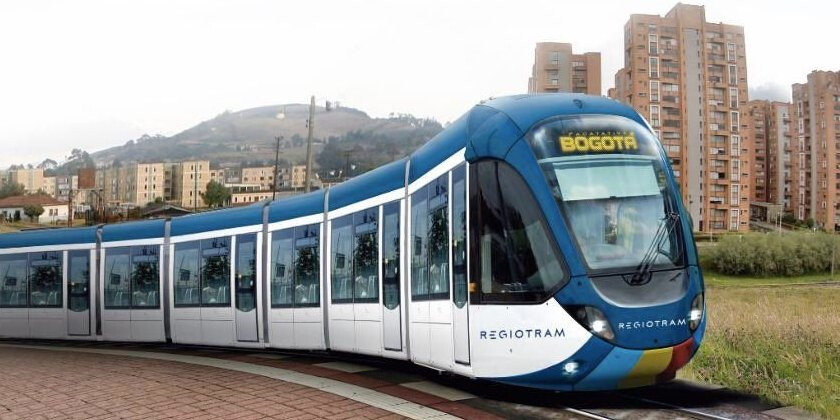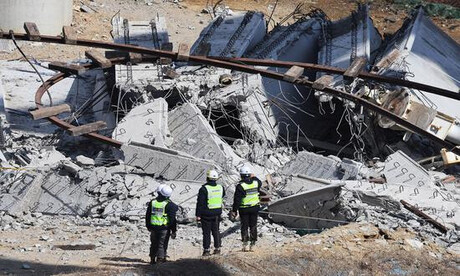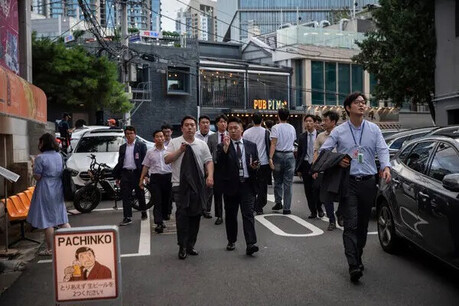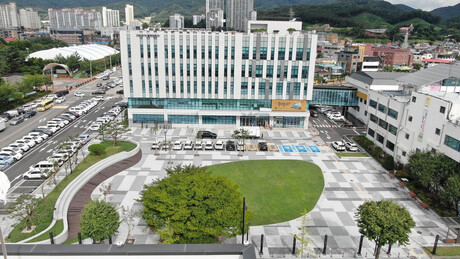
Medellín, Colombia - In a significant development for Medellín's infrastructure, the Colombian national government has released 483 billion pesos (approximately US$117 million) to the city's administration. This transfer of funds is earmarked for the continuation of construction on Line E of the Medellín Metro, widely known as the Metro de la 80. The much-anticipated project, with a total estimated investment of 3.5 trillion pesos, is currently 34.2% complete, according to Medellín city hall data.
The financial boost comes as a welcome relief following President Gustavo Petro's administration's announcement in January of a 12 trillion-peso budget freeze for 2025. This freeze had cast uncertainty over numerous infrastructure projects nationwide, including the Metro de la 80, which was slated to receive an additional 497 billion pesos in 2025, on top of the outstanding 2024 allocations.
Medellín Mayor Federico Gutiérrez took to his X (formerly Twitter) account to announce the positive development. "We now have in the Metro de la 80 trust fund, part of the Medellín metro, the resources that the national government owed for future budget allocations for 2024, amounting to 483 billion pesos," he stated.
The mayor emphasized the critical importance of these funds in keeping the project on track, which had faced the risk of delays due to the budget constraints. "The Metro de la 80 in Medellín is moving forward. Nothing is going to stop it," Gutiérrez confidently asserted.
The Metro de la 80 is a 13.3-kilometer-long elevated light rail system that will traverse the city along 80th Street, a major thoroughfare in Medellín. It is considered a strategic project for the city, aiming to significantly improve mobility, reduce traffic congestion, and enhance connectivity for residents in the western areas of Medellín. The project is a key component of the district administration’s 2024–2027 development plan, highlighting its long-term importance for the city's growth and quality of life.
Financing for the Metro de la 80 is structured as a 70/30 split, with the national government contributing the larger share (70%) and the local administration covering the remaining 30%. This collaborative funding model underscores the joint commitment to delivering this vital infrastructure project for Medellín's citizens.
The recent transfer of funds, while addressing the immediate concerns arising from the budget freeze, signals a continued commitment from the national government to the project. As construction progresses, the Metro de la 80 promises to be a transformative addition to Medellín's public transportation network, offering a modern and efficient alternative for commuters and contributing to the city's sustainable urban development.
[Copyright (c) Global Economic Times. All Rights Reserved.]





























